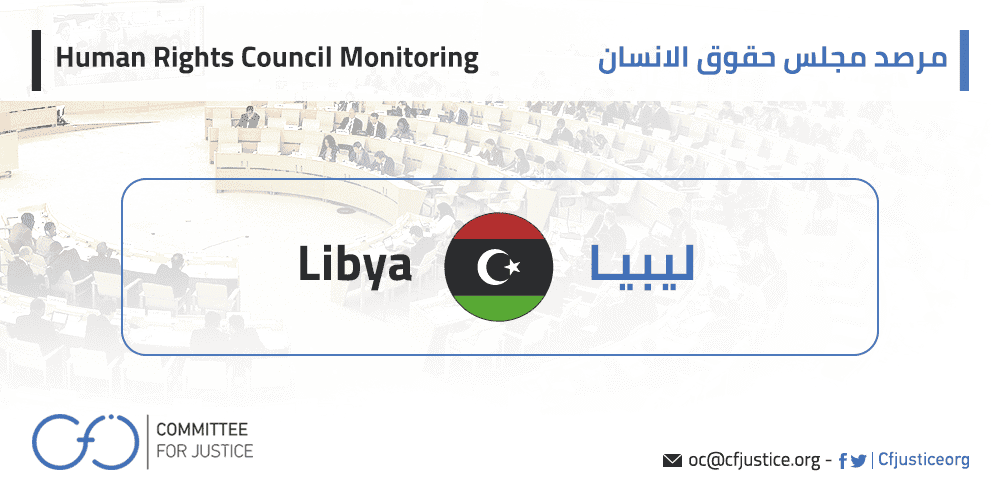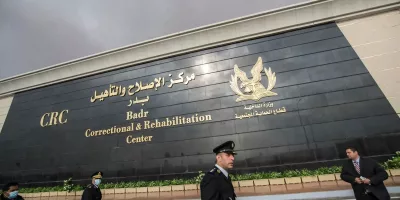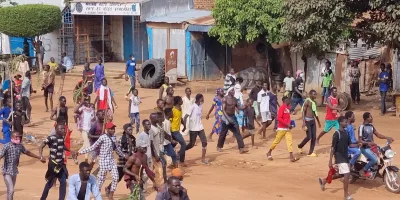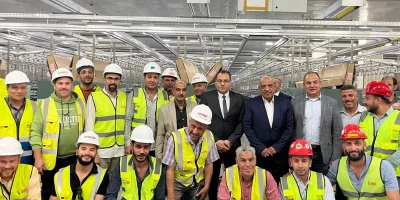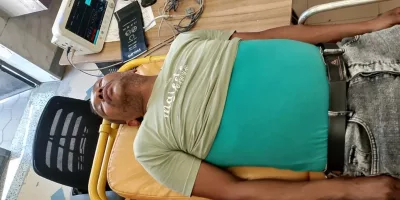News briefing
Translated and edited by: Committee for Justice
Geneva: 7 July 2022
The UN Human Rights Council has concluded its interactive dialogue with the Independent Fact-Finding Mission on Libya regarding the mission’s latest report.
Some of the panelists said that while they were aware of the challenges facing the independent fact-finding mission on Libya, there was concern that many violations amounting to war crimes had not been documented, and that the report should have documented violations and serious crimes and initiated accountability.
Speakers noted that crimes against humanity and other crimes against international law were committed with impunity, successive governments have included perpetrators without accountability, and continued to lack accountability for organized crime and terrorism, among other human rights violations, and caused a shrinkage of civic space.
Speakers stressed that the mission should continue its mandate and be supported until its work is completed, noting that there has been a significant improvement in the human rights situation on the ground.
Speakers also emphasized the importance of having an alternative mission to oversee peace efforts, and failure to do so would only hamper these efforts, as it was critical to ensure local accountability. The government cooperated with the mission during recent visits, but the mission’s work was not completed.
For her part, Tracy Robinson, a member of the Independent Fact-Finding Mission in Libya, said that the human rights situation in the country is serious and that accountability is still pending. She added that while the Council was awaiting the March 2023 report, there was no need to defer attention to the recommendations made by the fact-finding mission, including providing a framework for technical support, and focusing on truth, justice and reconciliation, and that the international community could support the Libyans through dialogue on human rights in online spaces.
In his closing remarks, Chaloka Bayani, a member of the Independent Fact-Finding Mission on Libya also said that the mission was a means by which the international community supports the Libyan people’s quest for self-determination through free and fair elections, accountability and justice, and this must be fully supported.
The mission had made and will make more specific recommendations for this purpose, and encouraged the members of the Human Rights Council to follow up on the implementation of these recommendations.
Speaking in the discussion on Libya were Human Rights Solidarity Organization, Amnesty International, Cairo Institute for Human Rights Studies, International Commission of Jurists, Human Rights Watch, Partners for Transparency, Maat for Peace, Development and Human Rights Association, Rencontre Africaine pour la defense des droits de l’homme, World Organization Against Torture and Institut International pour les Droits et le Développement.

